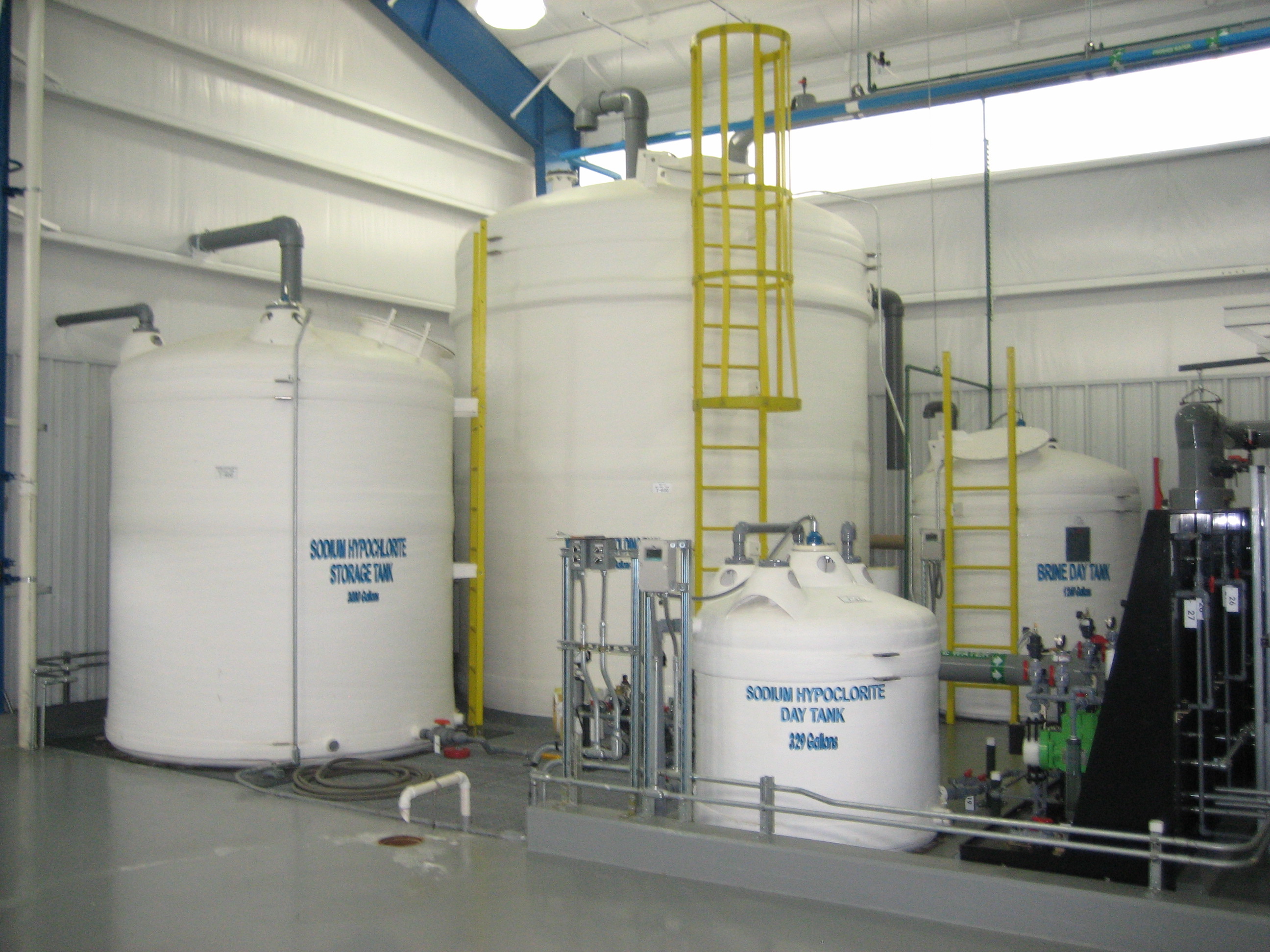
Honeychild Bleach Lips “Surrender” Tank
Bleach is best stored out of direct sunlight, at temperatures below 60°F, filtered and diluted with pH kept above 10. Tank capacities range from 35 to 100,000 gallons. Prices range from $300 to $150,000. Commonly known as Bleach, Hypo, NaOCl, Sodium Oxychloride. Used primarily for disinfecting and whitening.
.jpg)
Do Not Bleach
Bleach-free toilet tank cleaning tablets. A non-corrosive drop-in toilet tank tablet can maintain the freshness of the tank. Look for tablets that are nontoxic and say "natural" or "bleach-free" on the packaging. Drop 1 in the tank every few months or whenever they run out.

BleachGuard Tanks Protectoplas
After you use up your reserve in your pressure tank, the pressure switch turns on the well pump and the water begins to flow from the well. You can easily calculate the flow rate at this point by following these steps: 1. Open any hose bib or faucet until pump turns on. 2. Close hose bib or faucet and let pump fill up pressure tank until it.

BleachGuard Tanks Protectoplas
Assmann tanks have uniform wall thickness which slows down UV penetration into the tank, which is effective for storing and maintaining Sodium Hypochlorite. Types of storage for Sodium Hypochlorite Polyethylene - Polyethylene is the best method for storing bleach.

Obey Creeps Bleach Spiral Tank Top Zumiez
Answer. I can put your mind at ease regarding using Clorox ® Disinfecting Bleach and your fear of harming your septic tank bacteria. As long as you use the recommended amount for laundry, the bulk of the sodium hypochlorite active will be broken down to salt and water while attacking the stains, soils and germs in the wash load. Any un-reacted.

FileJapanese Type 74 tank 2.jpg Wikipedia
Bleach tanks can be cured with a BPO/DMA (Benzoyl peroxide/dimethylaniline) resin catalyst system with a Nexus® synthetic veil to provide a long-lasting, corrosion-resistant tank. We work directly with you to build vertical, horizontal, or double-wall sodium hypochlorite tanks in a wide variety of holding capacities typically ranging from 50.

Bleach Tank Tops The substitute Tank Tops TP1408 Bleach Store
Bleach tanks Fiberglass tanks are safe and efficient to be used in many settings. Since fiberglass tanks are made up of resins that are non-corrosive the strength of the bleach is no problem. Compared to metal tanks which are corrosive. A fiberglass tank is cost efficient because it has long lasting durability and can not corrode over time.

Trevco Bleach Group Attack Tank Top Small
Stir the bleach into the water and let stand 30 minutes. Properly treated water should have a slight chlorine odor—if not, repeat the dosage and let stand an additional 15 minutes. To clean out a water tank, thoroughly flush the tank using a bleach solution made with 1/3 cup Clorox ® Disinfecting Bleach per 3 gallons water (a 500ppm bleach.

BleachGuard Tanks Protectoplas
Bleach tank installation is recommended with PVC fittings, Viton gaskets, and Titanium encapsulated bolts. UV exposure and heating effects should be avoided for the most effective, long term Bleach storage. For outdoor applications, we recommend tanks fabricated with Resin #880059 or are insulated with a polyurethane and mastic coating.

Softener Tank Carts On The Go Portable Water Softener
U.V. protection. The life of a tank is affected by quality and stability of the Sodium Hypochlorite stored. The sodium hypochlorite must be made using DI or Soft water and contain NO iron or heavy metal contamination. The sodium hypochlorite must always remain STABLE with regards to pH level (11 to 12).

PlasTanks Industries, Inc. PlasTanks Industries, Inc.
Sodium hypochlorite typically contains transition metals such as nickel, iron and copper, which can build up in a storage tank and create off-gassing. "Hypo" is a potent oxidizer, so all materials in the chemical's storage tank must be up to the task. By addressing all three of these issues, this caustic chemical can be contained in a.

Black Tank top with spray bottled water and bleach. Black tank tops
3. Using a 1 or 5 gal. Bucket, open faucet, collect and measure all water discharged until the pump turns on. 4. When the pump turns on, immediately close the faucet and start timing the pump cycle. 5. When the pump turns off, record pump cycle time to refill the pressure tank in seconds. 6.

The Greene Machine Bleach painted tank
Sodium Hypochlorite storage tank: Factors to consider before buying it • Fiberglass reinforced plastic storages, polyethylene storage tanks, and chlorobutlyl rubber-lined steel storages are the best choices for it. Even high-density polyethylene tanks are also popular choices among the manufacturers because they are robust, durable and have a specific gravity of 1.9 to offer resilience to.

BleachGuard Tanks Protectoplas
The chemical storage tank allows you to hold an additional 50 gallons of bleach, for a total carrying capacity of 100 gallons when paired with the Blend Module. This allows you to have more bleach on hand for larger residential jobs or commercial work. This keeps you below the 119 Gallon DOT Limit for driving with bleach containers.

Bleach Tank Venting for Pressure Washing Business from Doug Rucker
According to a Clorox report, bleach tends to be the end all be all when it comes to cleaning our bacteria-laden surfaces, which saw a 31% sales increase in 2020. This is true, especially in the bathroom. Per Better Homes & Gardens, bleach can be used to clean toilets, grout, and even rugs. It isn't news that the loo is a pretty grimy spot in.

Bleach in tank.
Step 4: Use Bleach. If using pool chlorine (12% sodium hypochlorite) use half the amounts below. Storage Tank Gallons. Approx. parts per million of chlorine residual achieved by adding 5% chlorine bleach, in the amounts below. Numbers are rounded for easier measuring. 1 Tablespoon = 0.5 ounce. 1 PPM. 5 PPM.